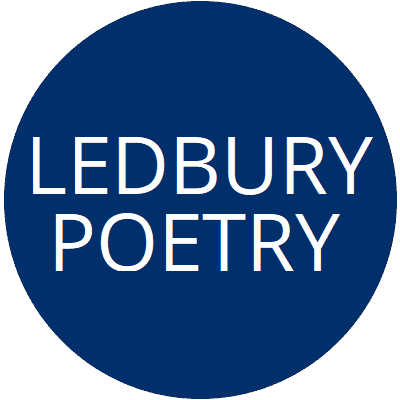I’ve spent quite a bit of time thinking about the relationship between choreography and poetry. In some ways, it’s why I came to the UK, when I was pursuing my masters in choreography. My dissertation was entitled: “Searching for Something Else: On Choreography and Poetics”. It was mostly theoretical (the pandemic was raging). When it was practical, it was trying to “activate” (I’ll return to this idea) different poems I was obsessed with at the time, most notably the ‘Red Poppy” and ‘October” by Louise Glück.
Collaborating with Andrew McMillan to activate “swan”, the 8-part poem from his most recent collection pandemonium, provides another kind of opportunity. It was written ekphrastically in response to choreographer Matthew Bourne’s swan lake, which itself was a re-imagining of the classical ballet “Swan Lake”, for an all-male company. What Andrew pulled into language, I’ll be ––almost–– pulling back out into movement, thus, what will be shown at Ledbury will be like a fourth or fifth distillation, that goes back all the way to 1877 when swan lake first premiered. But, as any process engage with “poiesis” asks, how?
Working with text is a pleasurably perplexing aspect of being a live performance maker, particularly one who makes no claims to a dramatic/theatrical acumen. But what poetry and dance share in common is the desire, I’d purport, to make one feel, emotionally or kinesthetically. Dually, I think also both attempt to revitalize a technology we can easily get desensitized to: our words, and, perhaps, more tragically, our bodies. This revitalization happens by making them simultaneously strange and innate to us, either through a poet’s toolkit of lexical play or through the watching of an(o)ther’s freely moving body; our mirror neurons rapidly fireworking in our brain.
The dance sequence will be a duet, and the way we’ll make the dance will always have its own bespoke process. Dramaturgically, some ways I usually start involve movement generation from concepts embedded in the poem, building and expanding specific images from the poem, or, in one of my favourite practices, having a dancer improvise to questions drawn from the text. For an uninterrupted 20-30 minutes, no music, a dancer “lives” a question (rather than answering it), plumbing psychological depths of meaning, symbol, exhaustion. You’re probably asking, what does it mean to “live a question”? I think we’re all doing it right now. And I think coming to the event Friday June 30th from 8pm at the Market Theatre, might offer one way in which to approach this inquiry. You can book tickets here www.ledburypoetry.org.uk
